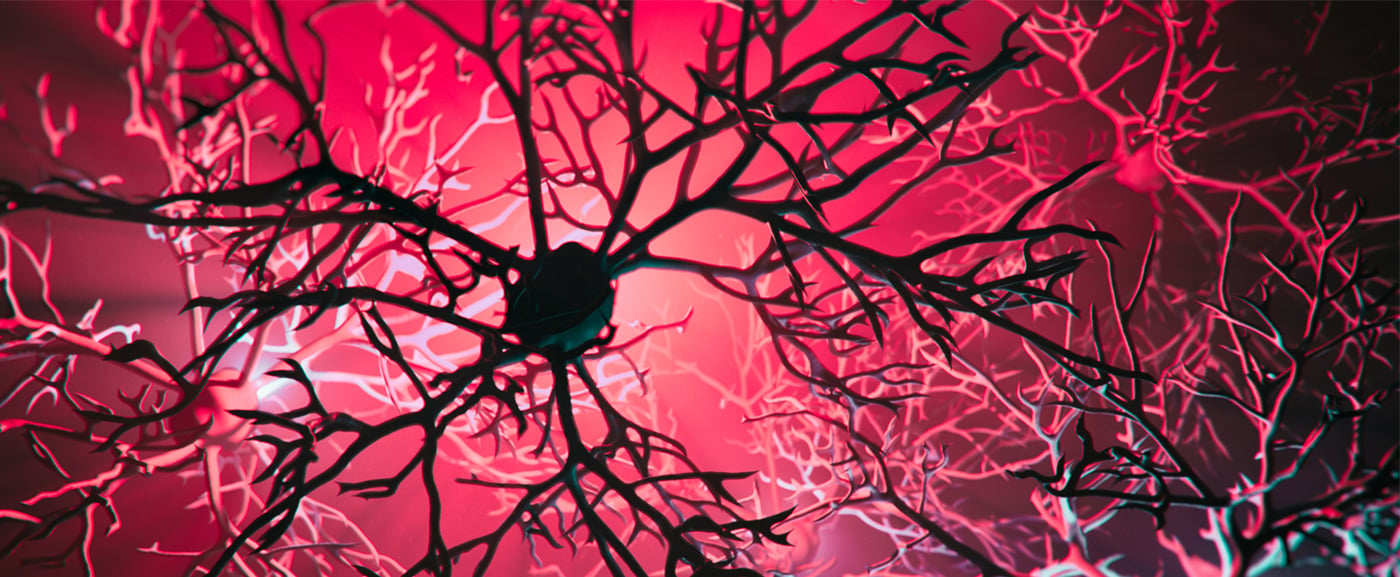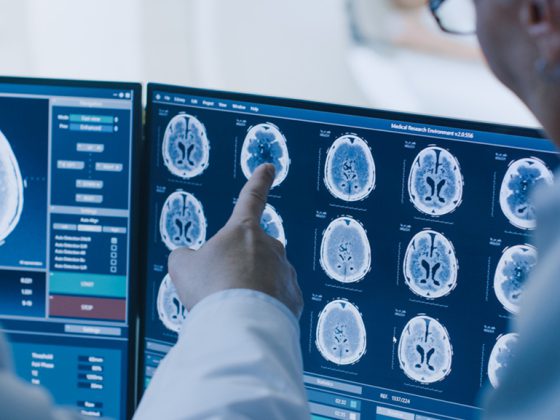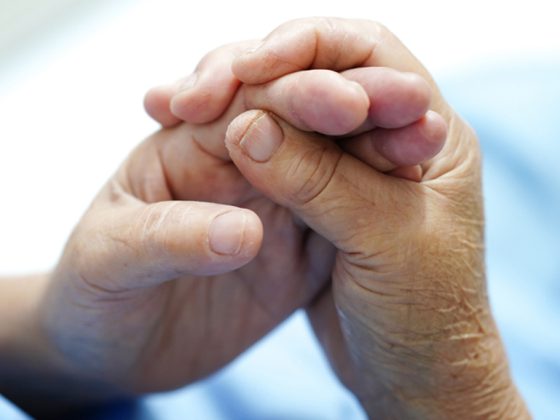A recent study [1] is attracting a lot of attention, especially in expert circles, because a few weeks after the introduction of the first mRNA-based Corona vaccines, an mRNA vaccination against multiple sclerosis (MS) is reported. The animal study is considered interesting by experts and raises hopes for a breakthrough in the treatment of the autoimmune disease. Nevertheless, it is not a tangible therapeutic option that can be implemented quickly. Development aimed at making the immune system more “tolerant” is more complex than the approach of trimming the immune system to attack a pathogen, as in conventional vaccination.
One principle being researched for the treatment of MS and other autoimmune diseases is based on re-accustoming the body’s own immune system to the triggering protein (autoantigen) (tolerance development). The principle is comparable to desensitization against allergies (colloquially also “allergy vaccination”, e.g. for pollen allergy sufferers). In this process, the immunological hypersensitivity is reduced by a targeted supply of the triggering substance (the allergenic antigen = allergen), and the immune system learns to tolerate the allergen again. The allergen/antigen may be administered in its entirety or only as a small molecule (usually a protein or part thereof), as in mRNA vaccination against SARS-CoV-2.
Researchers have now succeeded [1] in preventing or even reversing autoimmune brain and spinal cord inflammation (encephalomyelitis) in an MS mouse model by controlled delivery of the triggering autoantigen (a myelin protein). However, instead of the finished antigen, only its genetic blueprint was administered using nucleoside-modified messenger RNA (“m1Ψ-mRNA”). In the body, the antigen/protein is then formed from this, to which the immune system should (re)accustom itself. As a result, the disease was successfully suppressed and demyelination prevented in several MS mouse models; diseased animals recovered.
“At this point it should already be noted that although the study is scientifically highly interesting, it is not the case that we will now also have a vaccination against MS in the near future,” comments Prof. Frauke Zipp, MD, Mainz. “The data should not lead to false hope that an MS vaccine is close to approval or could be developed within a few months.” The mechanism of action of the m1Ψ-mRNA vaccine against MS cannot be compared with a corona vaccine: “In the treatment of autoimmune diseases, tolerance induction against the antigen is the goal,” emphasizes Prof. Dr. med. Ralf Gold, Bochum, “in contrast, the exact opposite is desired in a vaccination against viruses or against cancer: the immune system should learn to recognize, attack and destroy the enemy in the future.” The commonality of the two vaccination principles is simply the introduction of the antigens into the body and making them known to the immune system. The further course of the immune system is then completely different or in opposite directions (“attack” or “tolerance”). “In multiple sclerosis, there are also very many antigens against which the immune system is directed, which we don’t even know all of and which most likely change during the course of the disease,” Prof. Zipp said. In addition, the diversity of human immune molecules (HLA) also complicates the correct recognition of these antigens.
Therefore, the scientists in the current study specifically developed special techniques to ensure that the pathway of immune tolerance is followed in the MS mice: First, the myelin mRNA was modified with pseudouridine (“m1Ψ-mRNA”) and then injected into the animals embedded in liposomal nanoparticles. Thus, the m1Ψ mRNA specifically entered the so-called antigen-presenting cells (APCs) of the spleen; the APCs then presented the finished antigen to the immune system – without simultaneously mediating co-stimulatory (amplifying) inflammatory signals. Precisely such APCs also physiologically provide immune tolerance to environmental antigens and autoantigens. There was a decrease in inflammation-triggering immune cells called T effector cells (Teff) and increased generation of regulatory T cells (Treg). The Treg cells triggered a strong “bystander response,” meaning they suppress autoimmune responses even against related autoantigens. The bystander response is of very special importance, the study authors said, because unlike in the mouse model, there are different autoantigens in human MS that result in an individual autoantigenic immune profile in virtually every patient.
“Clinical trials with liposomal nucleoside-modified mRNA nanoparticles in various diseases are already underway,” commented Prof. Peter Berlit, Secretary General of the DGN. “However, there is still a long way to go before we will have a vaccine against MS in our hands. But the development of this basic principle demonstrates the high innovation potential of neurological research and can be an important first step toward the development of a targeted therapy.”
Literature
[1] Krienke C, Kolb L, Diken E et al. A noninflammatory mRNA vaccine for treatment of experimental autoimmune encepha-lomyelitis. Science 2021; 371: 145-153
Original publication:
DOI: 10.1126/science.aay3638











